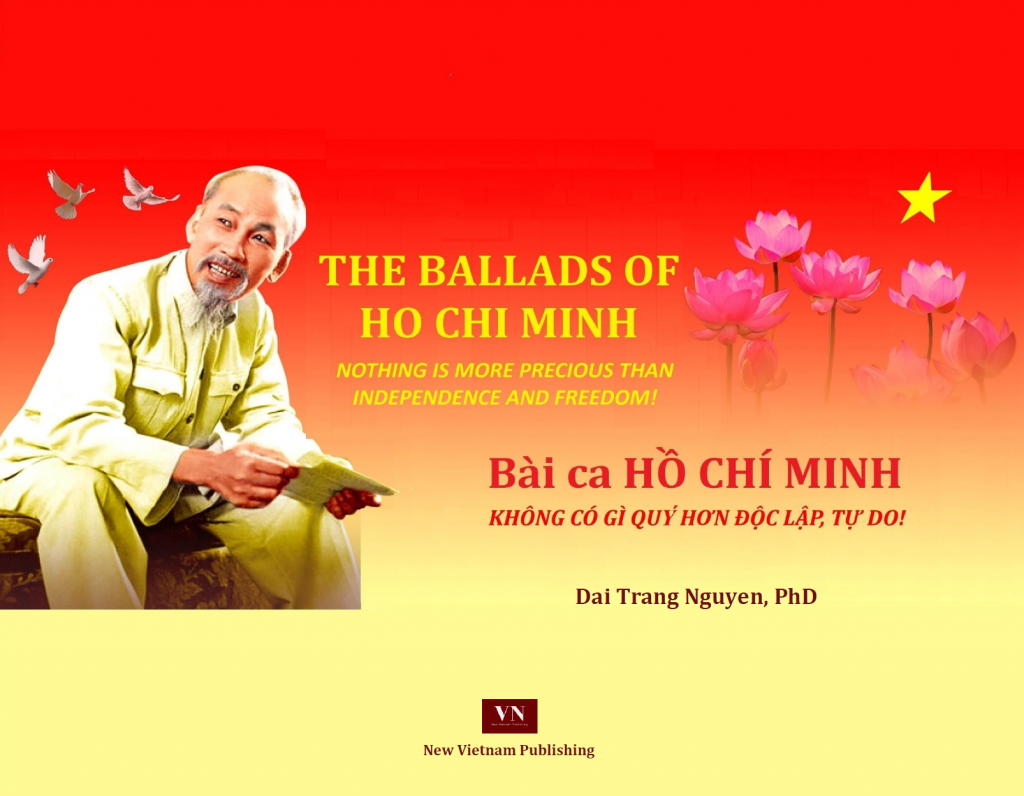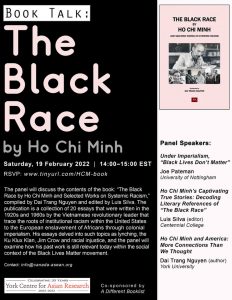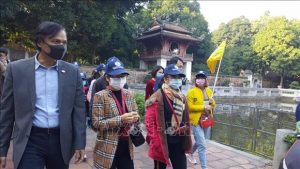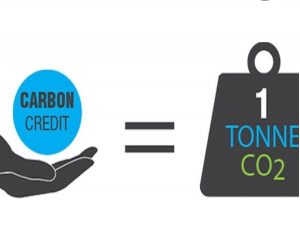
THE BALLADS OF HO CHI MINH:
Nothing is More Precious Than Independence and Freedom!
BÀI CA HỒ CHÍ MINH:
Không có gì quý hơn Độc lập, Tự do!
Introduced by Dai Trang Nguyen
May 2020
Toronto, Canada
ISBN: 978-1-989944-00-4 (print)
ISBN: 978-0-9866079-9-8 (e-book)
Book Description: This Vietnamese-English bilingual book is a collection of 25 songs/poems about President Ho Chi Minh written by artists around the world (Chile, England, Russia, the United States, Venezuela, and Vietnam), and features monuments, plaques and memorabilia of Ho Chi Minh in more than 20 countries.
Table of Contents
1. Ho Chi Minh with the World
2. Ho Chi Minh and the Revolution
3. Uncle Ho with the People
4. Ho Chi Minh and the Environment
5. The Legacy of Ho Chi Minh
6. Ho Chi Minh Remembered Around the World




